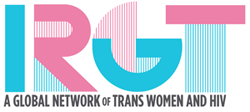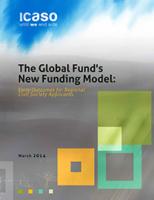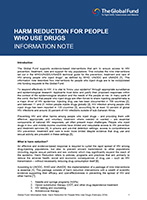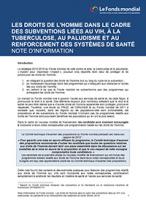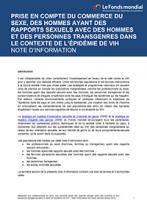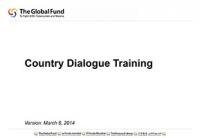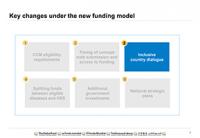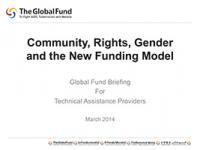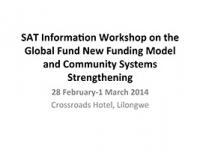
The report, prepared between December 2013 and January 2014, is the result of a review of EHRN’s efforts at each step in the NFM early application process (up to January 2014), including the regional dialogue process, concept note development, selection of grant Sub Recipients (SRs), grant negotiation with the Global Fund Secretariat, and grant-making. The author completed a desk review of relevant documents provided by EHRN, the Global Fund Secretariat, and other stakeholders and conducted interviews with a range of participants who had engaged in different steps in the process, including EHRN staff, UN partner organizations, donor organizations, national and international civil society organizations, networks of people who use drugs, networks of people living with the diseases, consultants involved in the concept note drafting
process, and Global Fund Secretariat staff.
